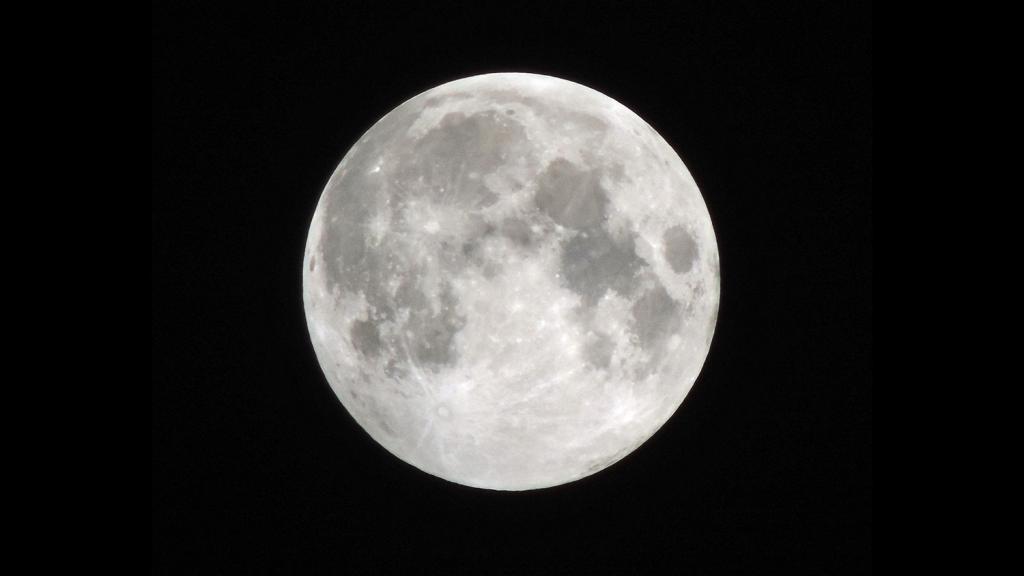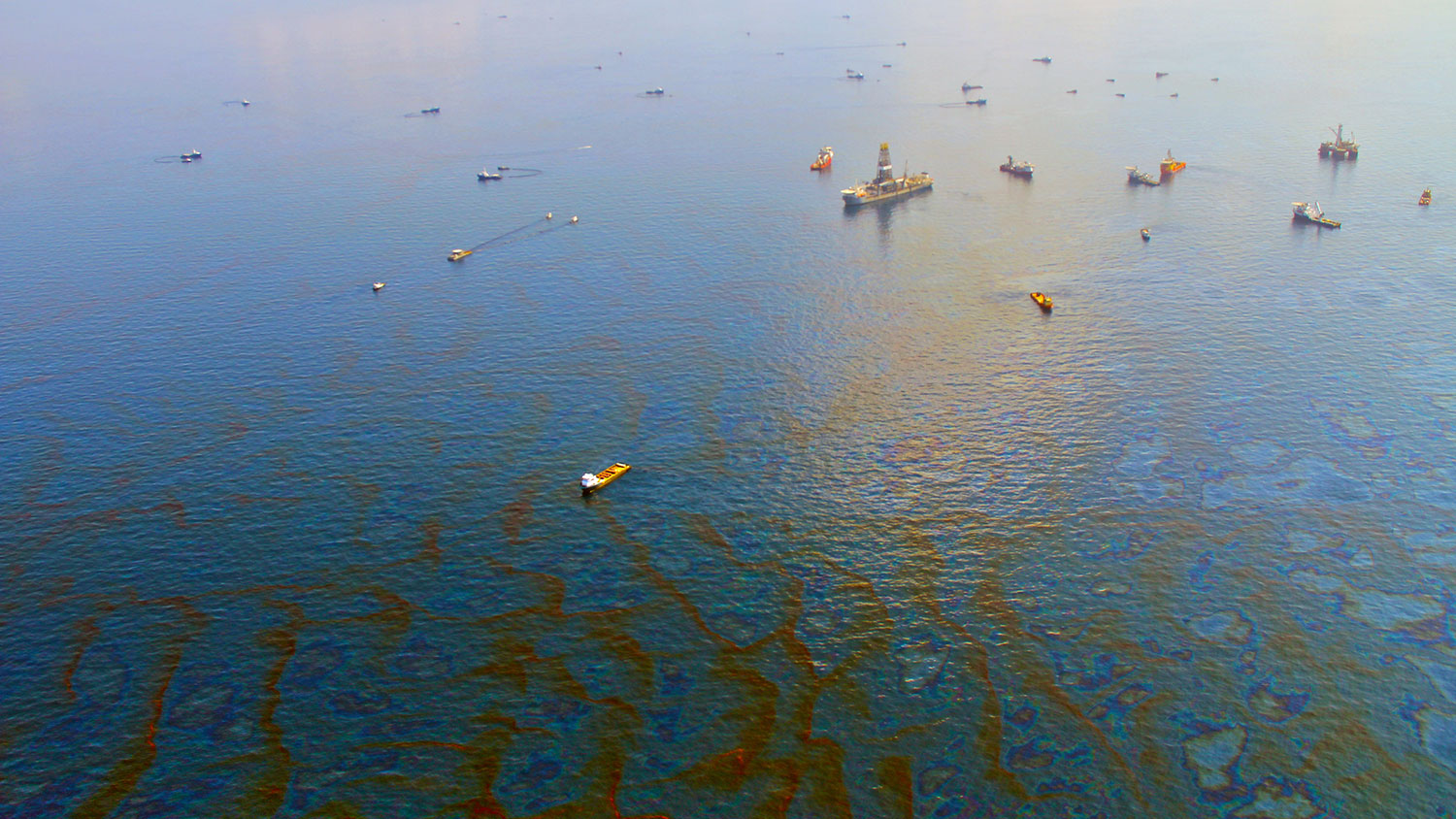After the 2010 Deepwater Horizon disaster, some of the estimated 200 million gallons of oil that spilled were never recovered. They were missing. Now researchers have found some of them: A good 10 million gallons are sitting at the bottom of the Gulf of Mexico.
A new study, published in the journal Environmental Science & Technology, hypothesizes that about 5 percent of oil from the spill made it to the seafloor. A separate study in October put that number at about 10 percent. “Our number is a little bit more conservative than theirs,” said Jeff Chanton, lead author of the new study, but “if the two approaches agree within a factor of two, that’s pretty good for estimating all of the oil on the seafloor.” Basically, a lot of oil is down there.
And that oil can cause a lot of problems. Because there’s less oxygen deeper in the Gulf, it will take more time to decompose. And the oil can lead to tumors and lesions in sea animals, the researchers found.
“Fish will likely ingest contaminants because worms ingest the sediment, and fish eat the worms. It’s a conduit for contamination into the food web,” Chanton said. “This is going to affect the Gulf for years to come.”
The findings come as BP continues trying to weasel its way out of paying fines and reparations for the spill. Reuters reports that the company is pushing back against a multi-billion-dollar government fine under the Clean Water Act:
In arguments that wrapped up on Monday, BP tried to whittle away at $13.7 billion in potential fines if faces under the Clean Water Act for the worst offshore disaster in U.S. history.
BP has said its fine should be modest as it took extensive steps to mitigate the disaster and that the defendant named in the case, BP’s exploration and production unit, known as BPXP, cannot afford a big penalty.
And the Associated Press reports that the company is still seeking to challenge the way in which businesses affected by the spill are compensated — by attacking the man in charge of distributing the funds.
BP says the claims administrator, Patrick Juneau, failed to disclose that he worked on previous oil spill litigation for the state of Louisiana when he was hired to oversee settlement payouts.
Attorneys for Juneau told the 5th U.S. Circuit Court of Appeals that he hid nothing improper and his record of work for the state was public well before BP and others agreed to his hiring in 2012.
All sides hailed the settlement when it was approved in 2012. But BP later argued that Juneau was misinterpreting the settlement and paying claims to businesses that didn’t deserve them.
U.S. District Judge Carl Barbier and the 5th Circuit ruled that, under the settlement BP agreed to, businesses do not have to prove they were directly harmed by the spill to collect money — only that they made less money in the three to eight months after the spill.
In case you weren’t feeling sorry enough for BP already, today also brings news that the company’s profits and share price are both down because of low oil prices. Cue the tiny violins.



